The warmth of summer can't come fast enough for people eager to start competing on their horses. As we get our horses ready to hit the road again, we need to consider the different kinds of stress they will endure and how to provide them the best nutritionto ensure they can perform at their highest level.
Performance Stress

A horse endures many different kinds of stress when being hauled and used competitively. Oxidative stress is a big factor in high-performance horses. Oxidative stress is when there are more free radicals than the body's antioxidants can handle. These free radicals damage cells, and reduce muscle function and their ability to recover. Cases of extreme oxidative stress are exhibited through cramping or tying-up. Horses without adequate levels of selenium will have more muscle soreness from exercising and performing, compared to horses receiving adequate levels of selenium.
- Selenium and vitamin E serve as antioxidants to remove free radicals from the body. Three mg of organic selenium supplementation is the most effective way to combat oxidative stress. Northwest horses are very susceptible to selenium deficiency due to extremely low levels of selenium in the soil. Organic selenium is safer and more bioavailable to your horse than inorganic selenium. Guarantee that your horse is receiving the correct amount of organic selenium from your supplement or grains by checking the label. Look under the ingredient list for selenium yeast, not sodium selenite (inorganic selenium). Be sure that selenium yeast is the only selenium source listed.
- Vitamin E goes hand-in-hand with selenium to combat oxidative stress. This Vitamin is readily available in pastures; however, hay that is stored loses Vitamin E (due to oxidation). Studies show that after 6 months of storage hay will have lost up to 80% of its Vitamin E. As a new hay crop is not yet upon us, and most hay has been stored for at least 6 months, it is very important that horses are receiving Vitamin E supplementation to aid selenium in combating oxidative stress.
- Copper and Zinc are also crucial in performance. Like selenium and vitamin E, the two minerals serve as antioxidants. Deficiencies will inhibit your horse's ability to perform at their highest level. Also, arthritis and tendon/ligament problems can be exacerbated in horses that are deficient in copper and vitamin C.
- High-performance horses endure a lot of stress on their joints. This can cause the onset of arthritis. If your horse needs joint support, like many performance horses, make sure to choose supplements that contain glucosamine, MSM, and hyaluronic acid. Start joint supplementation at least two months before competition.
Immune Stress
When a horse is hauled they are exposed to many new environments with new, potentially harmful, pathogens. In addition, the stress of hauling can further suppress the immune system. If their immune system isn't at its best, they run the risk of being more susceptible to disease. A healthy horse, provided proper nutrition, is able to fight off invasions of a large array of bacteria, viruses, and other organisms. Selenium, copper, zinc, and vitamin C play vital roles in immune function. Like oxidative stress, when the immune system fights these intruders, free radicals are generated. These free radicals can cause pain, swelling and/or infection. Horses that are deficient in selenium, copper, zinc and vitamin C will often experience low-stress tolerance with increased susceptibility to infections, poor wound healing and an overall low immune system.
In addition, providing your horse prebiotics and probiotics will allow them to better fend off pathogens that they encounter in their digestive tract. These prebiotics and probiotics make it more difficult for opportunistic pathogens to wreak havoc in your horse's gut.
If you have a horse that won't keep weight on while hauling them, this could be because they are nervous travelers. Added prebiotics and probiotics, along with added fat and protein can help to support them better. Added fat can also help to reveal some of their nervousness.
Ready for the Road
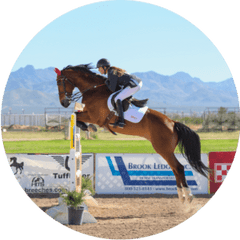
Good nutrition is the basis to a healthy horse. Once a good, balanced diet is established it is important that the horse continually receives a balanced supplement to ensure continued protection against the potentially harmful things they encounter. I completed my doctoral research on selenium in horses at West Texas A&M University. The results from my study revealed that horses fed hay, grown in the Northwest, for four months with no selenium supplementation were deficient after only 2 months. However, even more interesting was the fact that once starting three mg of selenium supplementation, the horses came close to but never reached adequate selenium levels in four months of supplementation. The deficiency left them more susceptible to the stresses they encountered. Therefore, especially in the northwest, it is crucial for continuous selenium supplementation.
After handling the diet, it is important to implement an exercise program catered to your horse and discipline. A good nutrition plan and exercise program will ensure that your horse is as ready as you are to perform at their highest level. Good luck in the upcoming season.

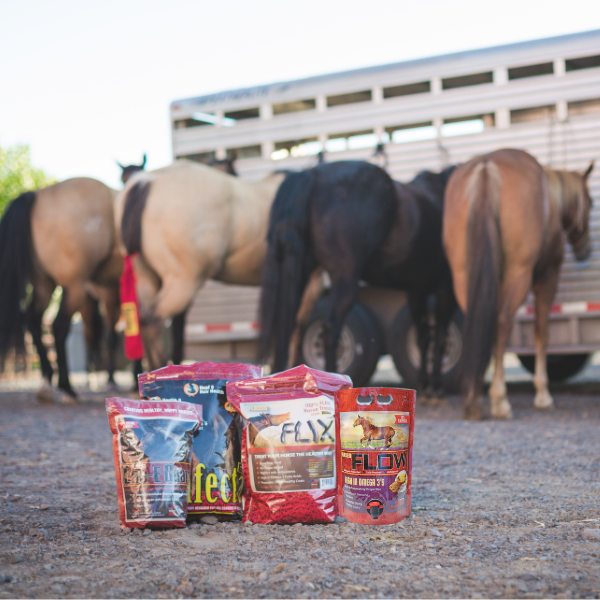
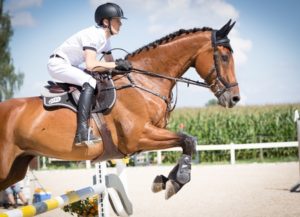
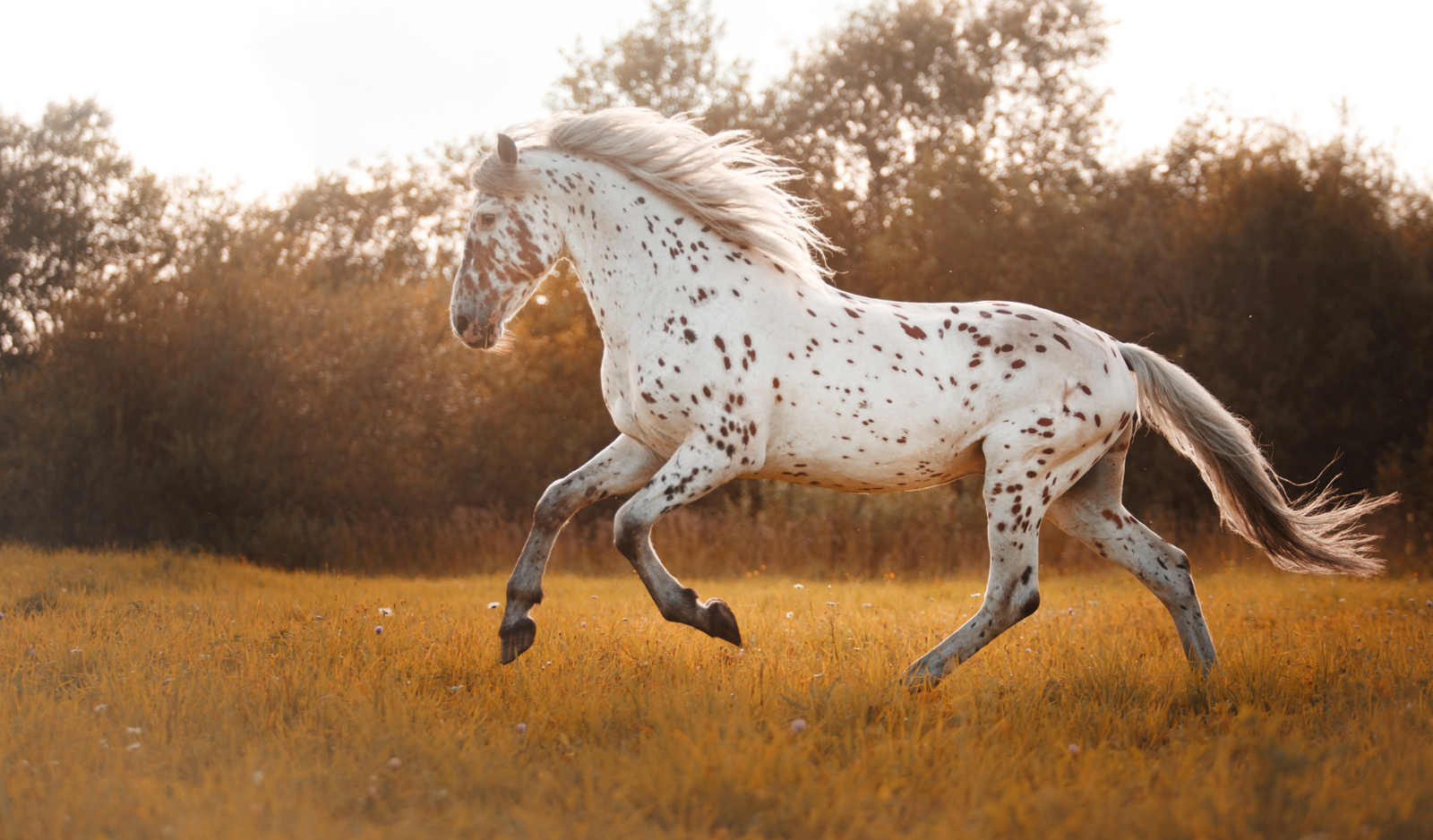
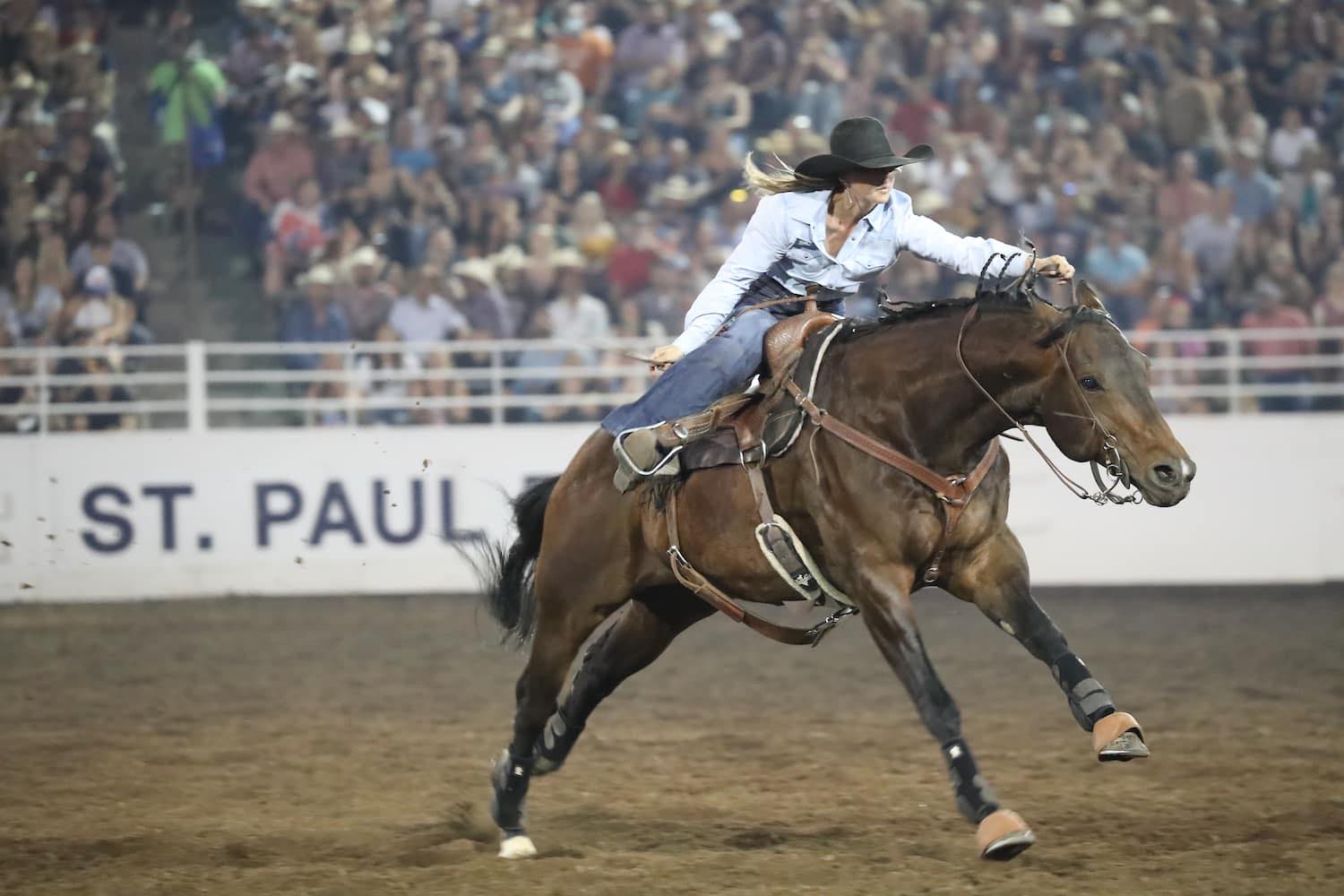
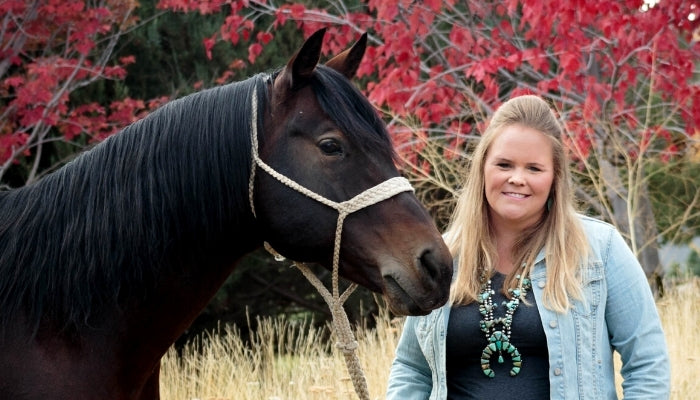
Leave a comment (all fields required)